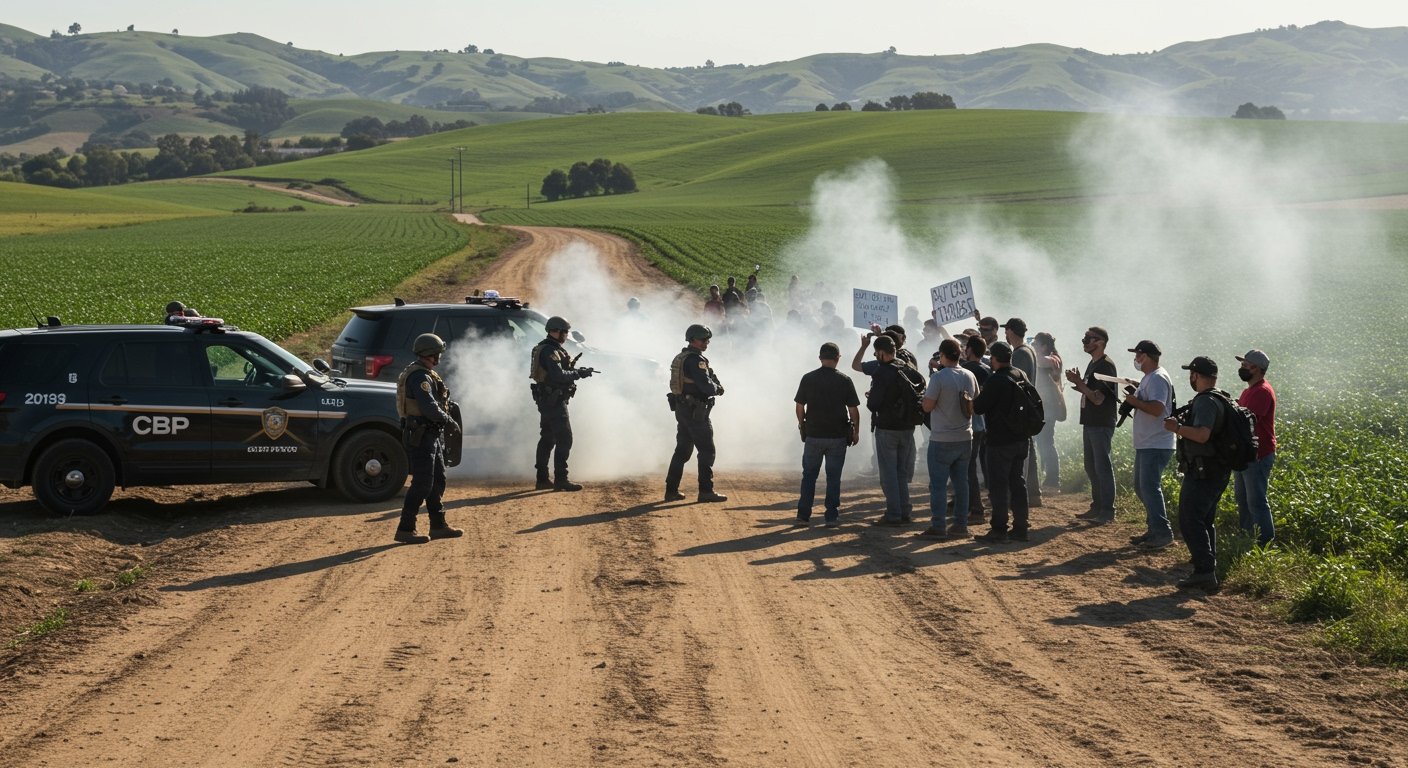Washington D.C. awoke on August 12, 2025, to the stunning news that President Donald Trump has announced the deployment of 800 National Guard troops to the capital and, in an extraordinary assertion of federal power, has temporarily taken over the city’s police department. This unprecedented move bypasses Washington’s elected leaders, a dramatic illustration of President Trump’s second-term approach of wielding executive authority.
Invoking Emergency Powers
In a declaration that sent ripples across the USA, President Trump invoked a specific section of the Home Rule Act to declare a “public safety emergency” in the district. His rationale for this drastic measure cited a dire state of affairs, pointing to “crime, bloodshed, bedlam, and squalor” as the driving factors behind the federal intervention. This sweeping order places the District of Columbia’s Metropolitan Police Department under the direct oversight of Attorney General Pam Bondi, who will now lead the force. The 800 National Guard troops are slated to provide crucial administrative, logistics, and physical presence, acting in direct support of local law enforcement operations under the new federal command.
Local Leaders Push Back
The decision immediately drew sharp criticism from city officials, particularly from Washington’s Democratic mayor, Muriel Bowser. Mayor Bowser, speaking from city hall, pushed back forcefully on President Trump’s claims regarding the city’s public safety. She highlighted recent statistics indicating that violent crime in the District of Columbia had, in fact, hit its lowest level in over three decades just last year, directly contradicting the President’s portrayal of a city in crisis. Her statements underscored the deep divide emerging between federal and local governance over the city’s future and operational control.
Broader Implications and Additional Directives
Beyond the immediate takeover of the police force, President Trump’s executive order also outlined additional measures with significant implications for the National Capital Region. The directive mentioned a stark cut of $20 million in security funding for the region, a decision that has already raised concerns about future preparedness and resource allocation. Furthermore, the order explicitly included President Trump’s vow to remove homeless encampments from the city’s streets, signaling a broad and aggressive approach to urban issues under federal purview.
This dramatic shift in the governance of Washington D.C. marks a pivotal moment in American politics. The federal takeover, framed as a necessary step to restore order and safety, is being closely watched by observers nationwide. It sets a new precedent for the exercise of presidential authority over local jurisdictions, particularly in the nation’s capital. As Attorney General Bondi assumes control of the police force and National Guard troops integrate into the city’s fabric, the unfolding developments will undoubtedly dominate news cycles and spark considerable debate about federal-state balance and local autonomy. The true long-term impact of this unprecedented federal intervention remains to be seen, but the immediate effect has been to reshape the relationship between the White House and the capital city, raising profound questions about the future of urban governance in the United States.










